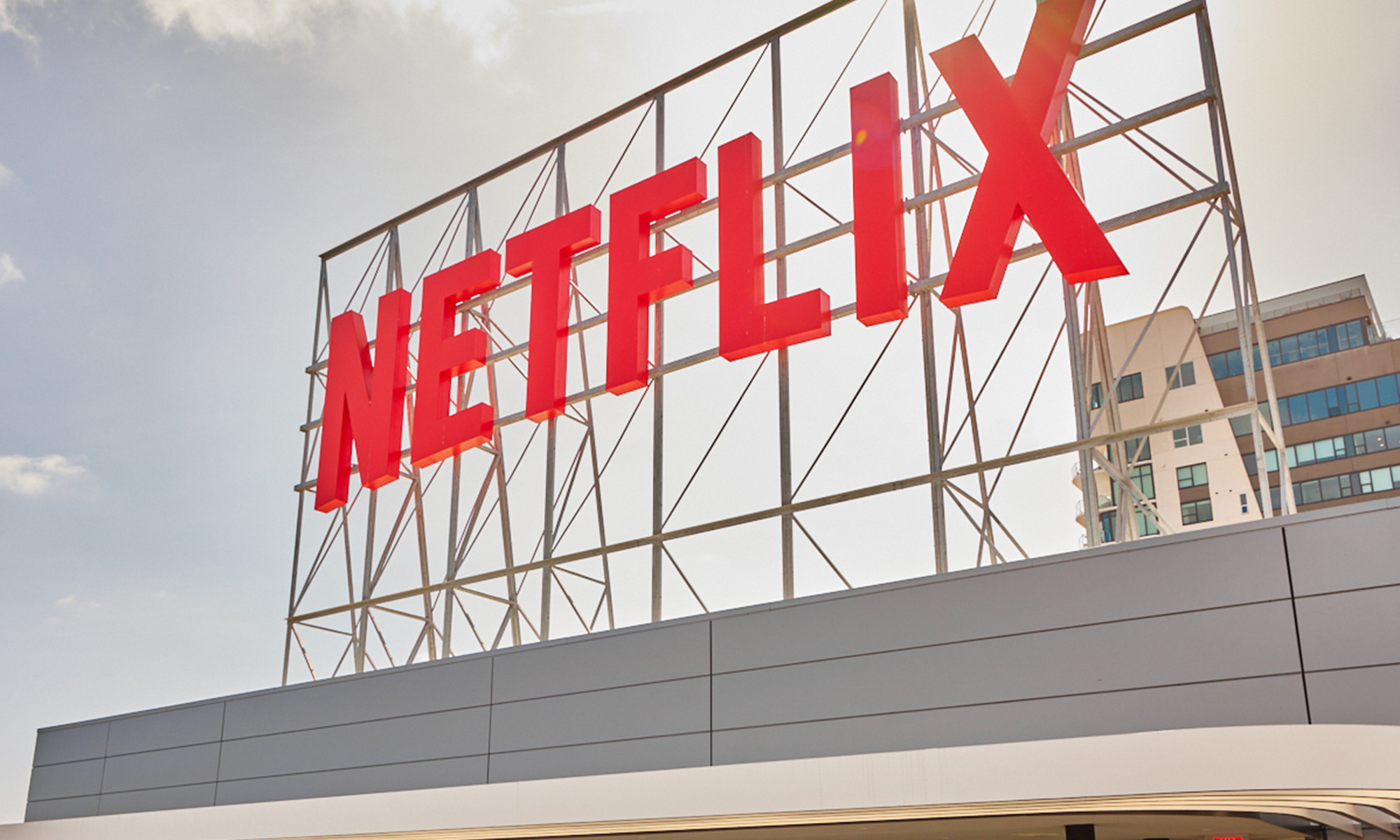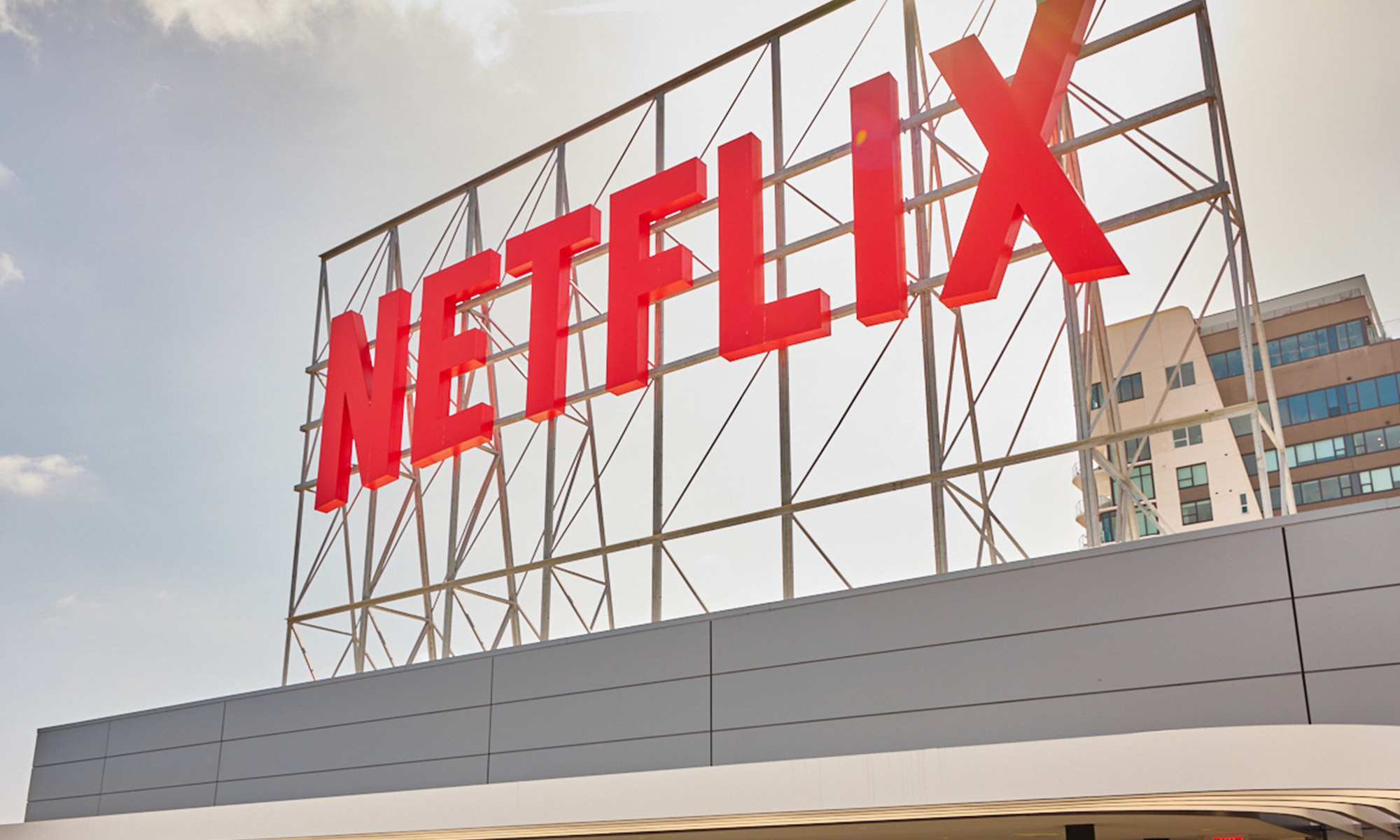Netflix (NFLX +0.23%) apparently doesn't want its subscribers to suffer from stream anxiety.
The leading video service has let subscribers know when the streaming licenses on its movies and shows are expiring -- giving members the opportunity to dig deep into their virtual queues to check out content before it goes away -- for some time.
Netflix also used to make the expiration dates known to third-party developers that offer applications to track these changes, but that ends this week.
"Starting today, we will no longer provide expiration dates for any of our titles in the public API," Netflix announced on Monday in its blog for developers. "We are making this change because the expiration date can be inaccurate as a result of frequent, often last minute, changes in content flow."
Changes do happen, but there is little doubt that this stems from the backlash that Netflix received after nearly 2,000 of its streaming titles expired last month.
Netflix isn't being entirely evil here.
"Netflix members will still be able to see the listed title expirations on Netflix.com on each individual title page," the blog entry concludes.
In other words, Netflix isn't going to make it a complete mystery to its 29.2 million domestic streaming customers. I still know that I have to break it to my son that SpongeBob SquarePants is going away next week. It may be inconvenient for subscribers to have to click through to individual title pages or pull up their queue on a PC and scroll through the "Notes" column, but the information is there. It's just a questionable move to make it harder for programmers to relay this information in more engaging ways than Netflix's organic solution.
This is the new reality. Discs may be forever, but streaming titles go away.
Subscribers will have to learn to live with that. Netflix has lost popular content before. Amazon.com (AMZN 0.60%) hasn't had as many content deletions, but that's because it's only been in this niche since 2011. Just wait until the expiration anniversaries begin to pile up.
Licensing will always be a major shortcoming. It's not just about the studios keeping new content away the way that they did on the DVD side through Netflix, Coinstar's (CSTR +0.00%) Redbox, and Dish Network's (DISH +0.00%) Blockbuster, delaying new releases by weeks in exchange for favorable purchase terms. Older titles will also be hard to keep around.
The upside here is that Netflix and Amazon are already starting to know what content is actually worth to their users during their initial runs. A key reason for Netflix targeting Arrested Development for a revival is that it saw its audience grow, unlike most of the cult shows available through its site, where the audience remains steady.
Streaming services will inevitably break your heart -- just as Blockbuster Video stores and Redbox kiosks eventually run out of stocking space -- but at least the decision to move on will be one based on hard numbers. Hopefully as soon as we all realize that streaming licenses don't live forever, Netflix can open up again about the mortality of its titles to third-party developers.






